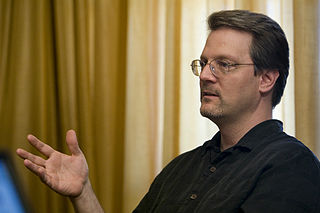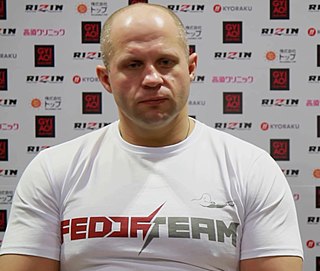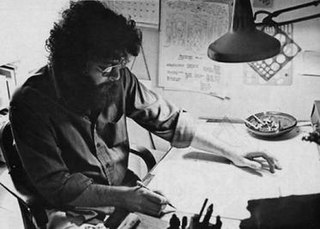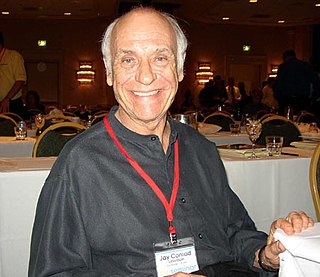A Quote by Phil Knight
Now we understand that the most important thing we do is market the product. We've come around to saying that Nike is a marketing-oriented company, and the product is our most important marketing tool.
Related Quotes
You can build the most important companies in history with a very simple to describe concept. You can market products in less than 50 characters. There is no reason why you can't build your company the same way. So force yourself to simplify every initiative, every product, every marketing, everything you do. Basically take out that red and start eliminating stuff.
Traditional sales and marketing involves increasing market shares, which means selling as much of your product as you can to as many customers as possible. One-to-one marketing involves driving for a share of customer, which means ensuring that each individual customer who buys your product buys more product, buys only your brand, and is happy using your product instead of another to solve his problem. The true, current value of any one customer is a function of the customer's future purchases, across all the product lines, brands, and services offered by you.
If you could distill this down to a single principle its that the best marketers in the world know MARKETS first and foremost, and secondly they're students of MARKETING. It's more important to know a MARKET than to know MARKETING, and I teach people MARKETING! And so, as far as this seminar is concerned, it's all about knowing a market, and it's so thorough that even if you don't have personal experience in that market you can still go into it and find out, what are the things that people will pay money for!
Over the past 60 years, marketing has moved from being product-centric (Marketing 1.0) to being consumer-centric (Marketing 2.0). Today we see marketing as transforming once again in response to the new dynamics in the environment. We see companies expanding their focus from products to consumers to humankind issues. Marketing 3.0 is the stage when companies shift from consumer-centricity to human-centricity and where profitability is balanced with corporate responsibility.
Most of the time, when you need something at a company, you make it. If you want to sell a product, you create it. If you need a head of marketing, you hire one. If you want to create a great company culture, what do you do? The lack of a clear answer on this is why I believe most companies don't have a great culture.
UFC is a moneymaking machine. The most important thing for this organization is a brand and its marketing. They have a couple of good fighters, and there are also some very good champions, but they are trying to keep everyone at the same level. The most important thing for them is the promotion, not the fighters.

































